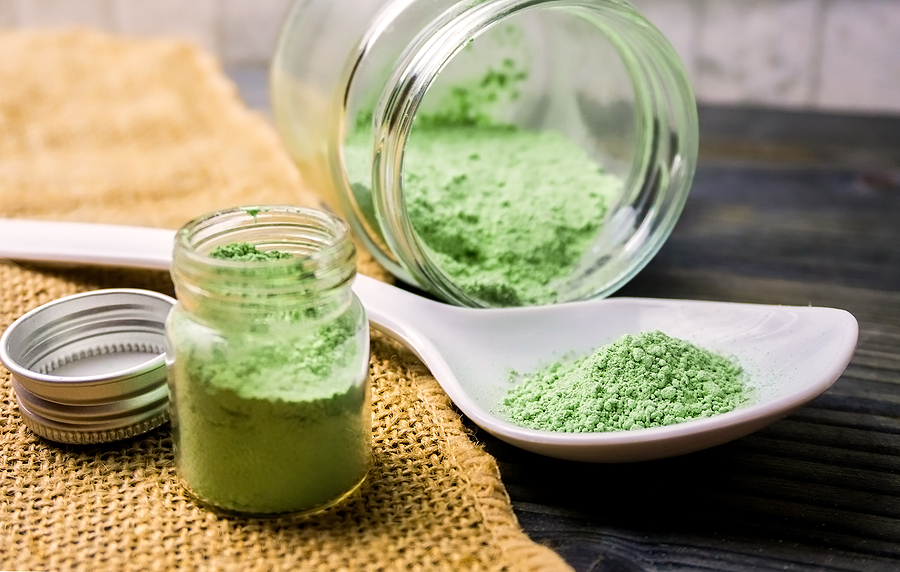Before antibiotics were created, colloidal silver was the go-to treatment for infections, wounds, hay fever, skin conditions, and more. It has antibacterial, antimicrobial, and antiviral properties, which is why many people use it to alleviate the symptoms of ear infections in their dogs.
What is colloidal silver?
Colloidal silver is a liquid suspension of silver. It consists of a base of water – usually distilled – with extremely small particles of silver suspended (not dissolved) in the water. It can be applied topically, injected, sprayed, or taken orally.
When treating ear infections in dogs, the silver solution is sprayed on the skin to kill the microbes causing the infection. Many pet parents use silver products like Oticbliss to get this benefit.
Signs your dog may have an ear infection
- Impaired balance
- Discharge
- Red and/or warm ears
- They shake their head constantly
- They have a head tilt
- Their ears smell bad
How does silver treat a dog’s ear infection?
Ear infections are caused by bacteria, and bacteria need proteins to survive. Silver happens to destroy the proteins bacteria rely on for life, which then kills the bacteria. Using colloidal silver to treat infections is supported by studies. However, before you go out and buy a colloidal silver product, it’s critical to know what you’re buying because the wrong product can be harmful.
Precautions about colloidal silver
Although silver was used for more than 6,000 years to treat infections, and many people today have positive experiences, it’s important to note that directly consuming colloidal silver (especially nano silver) can have negative health consequences for humans and pets.
Once ingested, silver doesn’t get processed out of the body and builds up inside of the body’s organs. Deposits of silver from regular ingestion can make skin turn gray/blue. The more silver that gets ingested, the more the skin will turn blue.
It’s critical to know the risks involved with colloidal silver before using it on your dog. Their bodies are much smaller and more sensitive than ours, so it must be approached with caution.
The size of your silver particles matters most
Just because silver can potentially be harmful doesn’t mean you shouldn’t use it at all. Like everything else, there are nuances to using colloidal silver and the key is getting the right product and using it correctly. In this case, it’s the particle size that matters most.
While many people debate particle size, claiming that you should always go for smaller particles, that’s not always true. It all depends on your goal. If you want the silver to stay on the skin rather than be absorbed into the body, you want larger particles.
When treating your dog’s ear infection with silver, you want the particles to be large enough that they won’t be easily absorbed into the bloodstream through the skin. While nano silver can get into the bloodstream quickly, micro silver will sit on the surface of the skin for a while.
You may need to do some extensive research to find a silver solution with larger particles, since the industry favors small particles. It’s hard to know particle size because most companies only label their products with ppm, which is the concentration of silver and not the size.
However, don’t take a company’s word for how small their silver particles are. Laboratory tests have shown a significant discrepancy in advertised v. actual size. However, these findings can help you find the right product. Remember, the larger particles will remain on the skin to kill bacteria rather than being absorbed readily into your dog’s bloodstream.
Natural remedies can be gentle and effective
Depending on what you’re treating, natural remedies, like colloidal silver, can be effective and a little gentler on your dog’s system than harsh treatments. However, before deciding to use any particular remedy on your dog, talk to their vet for their input. Vets have a wealth of knowledge regarding remedies for all kinds of ailments, including ear infections. They also have the expertise to know when your dog needs immediate intervention, which might require using a harsher treatment.
If your dog suffers from ear infections and you’ve been wondering if you should try colloidal silver, talk to their vet and ask. Not all vets are knowledgeable about silver suspensions, so be prepared for that. If your dog’s vet just isn’t aware, find a vet that knows about silver and ask them for a product recommendation if it’s appropriate. Your dog deserves the best, and it will be easier on their body if you can help them with a natural product.
Image Source: BigStockPhoto.com (Licensed)
Related Categories: Pets & Animals, Reviews








